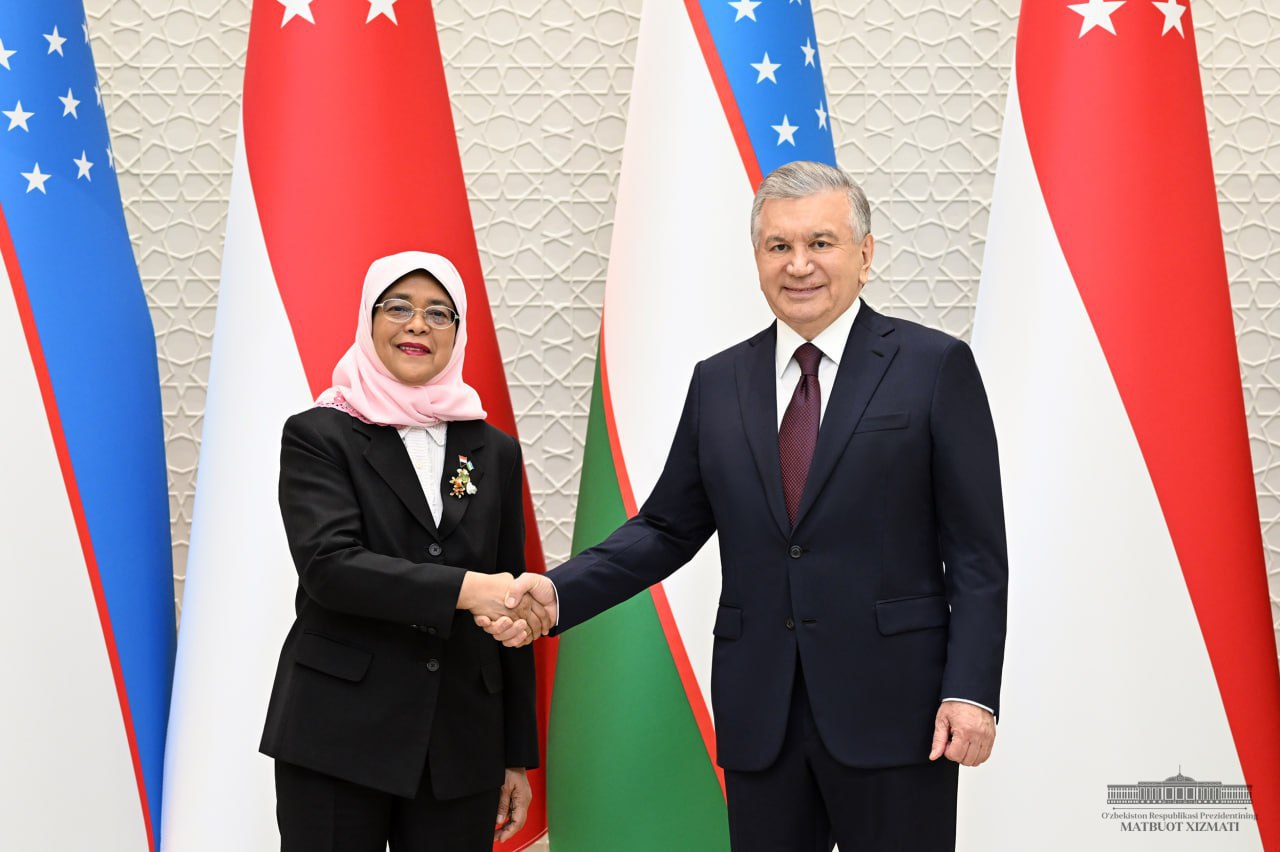Potential Partnership: Southeast Asian Nations as Emerging Allies of Central Asia
Recent Articles
Author: Meray Ozat
08/25/2023
Multi-vector foreign policy has remained a staple of Central Asian foreign policy amidst the recent geopolitical instability. The onset of the Ukraine conflict underscored the significance of this multi-vector approach, as Central Asian nations attempted to maintain a delicate balance and mitigate the influence of its neighboring ambitious superpowers. Not only has the region balanced its traditional great-power partnerships, but the region is beginning to see more cooperation with more distant regions.
In addition to the growing relations with European and Gulf states, Southeast Asian countries are emerging as another ally for Central Asia, with a growing trend in their bilateral relations. The most recent development is the meeting between the Presidents of Kazakhstan and Vietnam on August 20, during the Kazakh President’s first official visit to Vietnam. Kazakhstan’s President Kassym-Jomart Tokayev met with Vietnamese President Võ Văn Thưởng to discuss further developing their bilateral relations.
Kazakhstan-Vietnam economic relations have been increasing recently, and further development of their trade ties will likely speed up this trend. The mutual trade between Kazakhstan and Vietnam reached $600 million in the first half of 2023, which has already exceeded the total trade turnover in 2022 that was valued at $500 million. This upward trajectory prompted both leaders to set an ambitious goal of achieving $1 billion in bilateral trade by the end of 2023.
The leaders described the visit as a “new impetus” in the relationship between the two countries with its unprecedented nature and productive outcomes. The meeting resulted in the signing of 12 agreements, such as the 2023-2025 Joint Action Plan for the Trade and Economic Cooperation Development, an agreement on visa exemptions, and deals on natural resources and transportation. The leaders also expressed their commitment to building a long-term business relationship through constant business exchanges.
Southeast Asian interest in Central Asia is not confined solely to Vietnam. In May 2023, the President of Singapore, Halimah Yacob, embarked on a historic visit to both Kazakhstan and Uzbekistan, marking the first-ever Singapore President to visit Central Asia. Her trip to Kazakhstan resulted in the signing of four agreements on fostering trade relations and investment. Another highlight of her visit was the Kazakhstan-Singapore Business Forum held in Astana with the participation of over 200 government and business representatives that resulted in the signing of documents worth $275 million. These pacts are anticipated to significantly boost the bilateral trade volume that had already surpassed $2 billion in 2022.
President Yakob’s visit to Uzbekistan was reciprocal, marking the second meeting between the Presidents of Uzbekistan and Singapore. The initial interaction occurred when President Mirziyoyev visited Singapore in January 2023, which resulted in the signing of eight agreements encompassing various sectors. President Yakob’s visit to Uzbekistan, in turn, engaged in negotiations that solidified government-level collaboration through seven agreements. In a parallel vein, the Uzbekistan-Singapore Business Forum was also convened, leading to the signing of trade and investment deals.
 Source: The Government Portal of the Republic of Uzbekistan
Source: The Government Portal of the Republic of Uzbekistan
Although Central Asia and Southeast Asia are geographically distant and culturally distinct, they share remarkable commonalities. All the transport routes passing through Central Asia, including the Middle Corridor and the China-Kyrgyzstan-Uzbekistan railway, extend to Southeast Asia, establishing connections between the two regions and creating avenues for closer trade.
In addition to interconnected transportation networks, the two regions also share similar geopolitical dynamics with the involvement of influential global powers. Central Asia grapples with the influences of Russia, China, and the West due to the Ukraine crisis, while Southeast Asia contends with the ramifications of the U.S.-China rivalry and tensions surrounding Taiwan. These striking similarities pave the way for collaborative efforts between the two regions, promising mutual advantages and enhanced productivity.
Southeast Asian countries can also serve as an effective example to Central Asia in terms of regionalism, most notably through their successful operation of the ASEAN model. Given prevailing geopolitical uncertainties, it is vital for Central Asian countries to collaborate closely. Despite the emergence of partnerships like the C5+1 models, involving Central Asian states and individual nations, a regional alliance exclusively among regional states, such as ASEAN, is absent in Central Asia. Given their shared experiences and contextual similarities, Southeast Asian countries can significantly contribute as an example for Central Asia to learn from, enabling them to foster effective regional cooperation.
Throughout 2023, Central Asia and Southeast Asia have initiated a series of historical exchanges. Even though the state visits did not extend to most of the countries in Central Asia and Southeast Asia, the reciprocal presidential visits that took place involving Kazakhstan, Uzbekistan, Singapore, and Vietnam represent a new chapter and a promising start toward closer relations between the two regions. On a broader scale, the prospects for collaboration between Central Asian and Southeast Asian countries appear promising. Such strengthened ties hold the potential to enhance the security landscape, uphold a multi-vector foreign policy approach, and safeguard the autonomy of these regional actors.